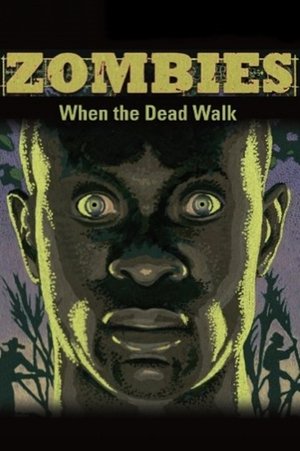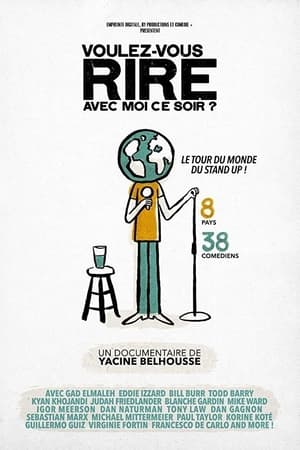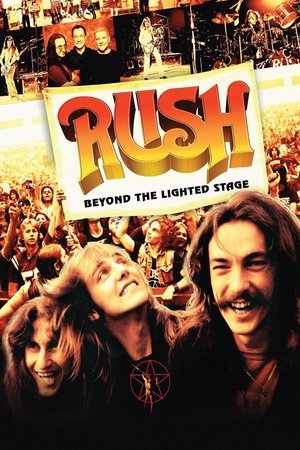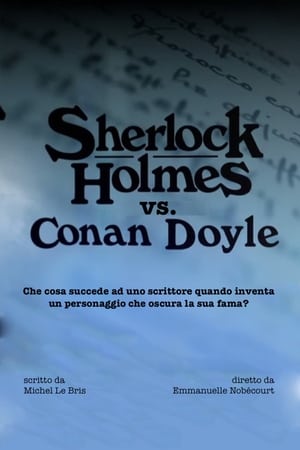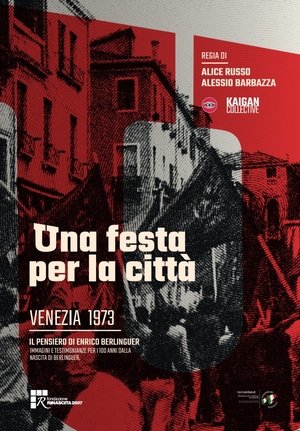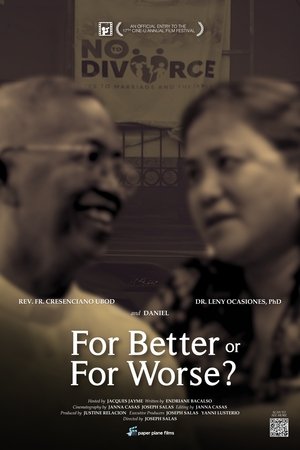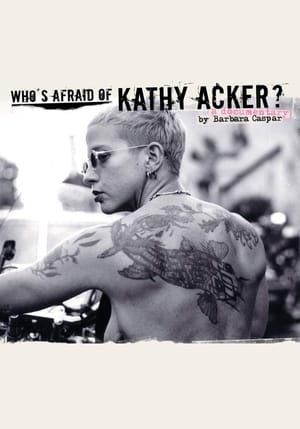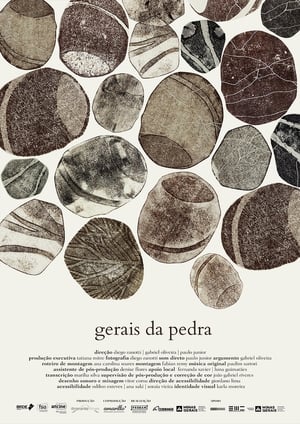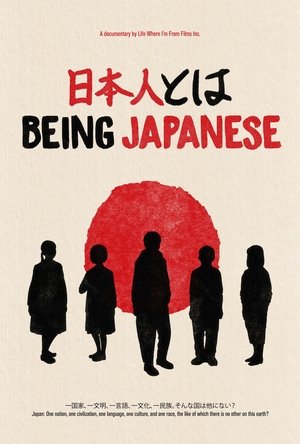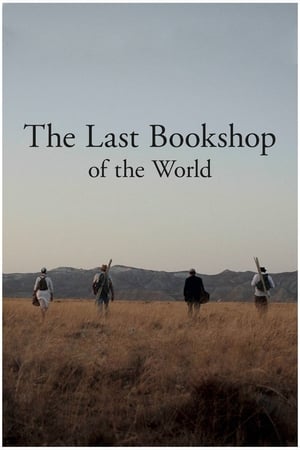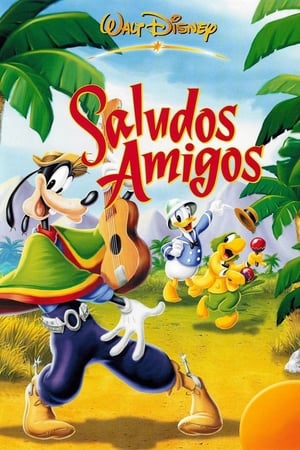Overview
A long interview between Marguerite Duras and Benoît Jacquot on the subject of writing and of solitude, at the country house where Marguerite Duras lived alone for several years; those in which she wrote The Vice-Consul and Le Ravissement de Lol V. Stein.

 44 min
44 min
 0
0
 1993
1993
 France
France


